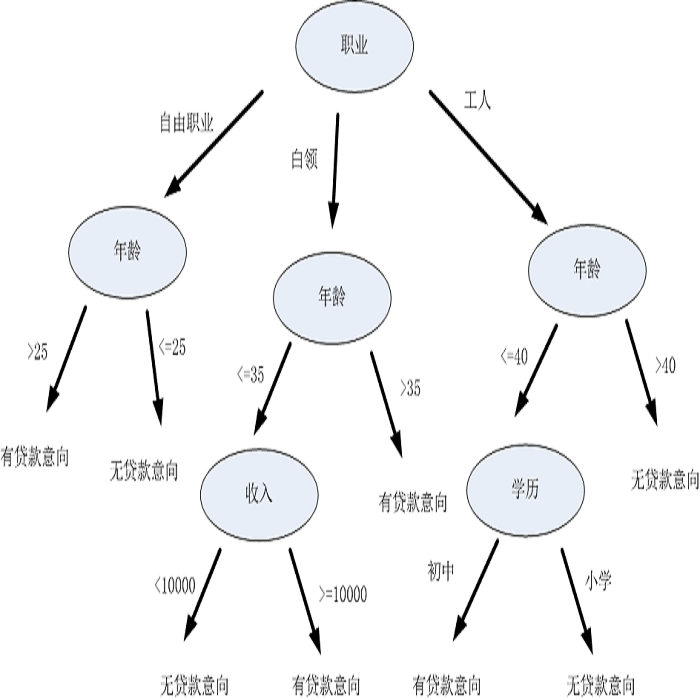In the present study we investigate overall population effects on episodic memory of an intervention over 15 years that reduces systolic blood pressure in individuals with hypertension. A limitation with previous research on the potential risk reduction of such interventions is that they do not properly account for the reduction of mortality rates. Hence, one can only speculate whether the effect is due to changes in memory or changes in mortality. Therefore, we extend previous research by providing both an etiological and a prognostic effect estimate. To do this, we propose a Bayesian semi-parametric estimation approach for an incremental threshold intervention, using the extended G-formula. Additionally, we introduce a novel sparsity-inducing Dirichlet hyperprior for longitudinal data, that exploits the longitudinal structure of the data. We demonstrate the usefulness of our approach in simulations, and compare its performance to other Bayesian decision tree ensemble approaches. In our analysis of the data from the Betula cohort, we found no significant prognostic or etiological effects across all ages. This suggests that systolic blood pressure interventions likely do not strongly affect memory, whether at the overall population level or in the population that would survive under both the natural course and the intervention (the always survivor stratum).
翻译:暂无翻译



